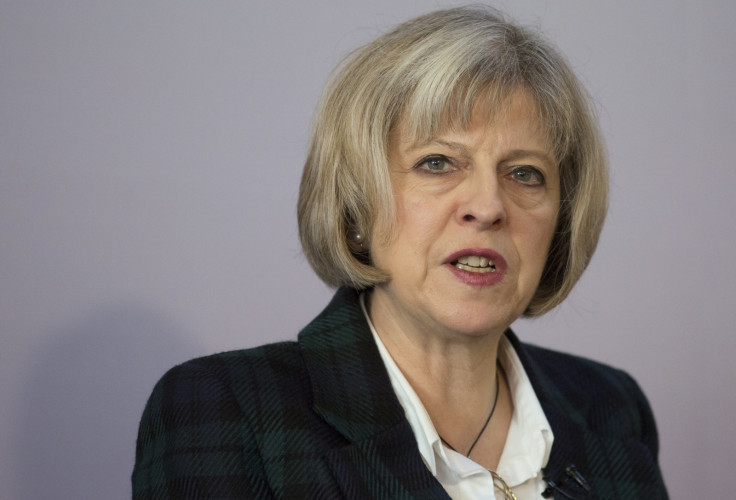CIA torture report: Home Secretary Theresa May faces MPs' questions on what UK government knew

The UK home secretary faces questions from MPs over how much the UK government knew and was involved with the CIA's torture programme.
Theresa May is due to appear before the Home Affairs Committee as pressure mounts on the government to launch a judicial review into the whether the UK was involved in the CIA's torture of detainees following the 9/11 attacks.
"This session with the home secretary will give the committee an opportunity to pursue in-depth questioning about her most important responsibilities," said Keith Vaz MP, the chair of the committee.
"Issues concerning counter-terrorism and immigration are currently topping the political agenda and therefore it is appropriate for us to probe her on these matters."
The evidence session will cover a wide range of matters for which the home secretary has responsibility, including counter-terrorism, including British fighters in Syria, the Counter-Terrorism and Security Bill and the CIA's detention and interrogation programme.
The meeting will come after the UK government denied it attempted to redact "any allegations of UK involvement in activity that would be unlawful" from a Senate report into the CIA's treatment of detainees.
"The US gave our agencies limited sight of some sections of the executive summary before its publication and understand that they proposed a small number of changes to protect UK national security," a Downing Street spokesperson said.
The comment comes after The Guardian reported that references to Britain's intelligence agencies were deleted at their request.
The Senate Select Committee on Intelligence (SSCI) published the report into CIA "enhanced interrogation techniques" earlier in the week.
The investigation revealed that CIA detainees were tortured and subjected to a series of "techniques", which were far more brutal than previous feared.
The committee said the CIA carried out torture techniques on terror suspects in the "War on Terror" while misleading the nation with narratives of life-saving interrogations.
The Enhanced Interrogation Techniques programme
The Enhanced Interrogation Techniques (EITs) programme, based off the James Elmer Mitchell and Bruce Jessen's Survival Evasion Resistance Escape (SERE) programme, was authorised by George W Bush six days after the 9/11 attacks on the World Trade Center.
The use of the techniques by the CIA ended in December 2007 and were subsequently prohibited by an Executive Order issued by President Obama when he took office in January 2009.
Obama also directed that the CIA no longer operate detention facilities and banned the use of all interrogation techniques that are not in the Army Field Manual for those held in US custody or under the effective control of the United States in any armed conflict.
The CIA claims the programme did produce valuable and unique intelligence that helped thwart attack plans, capture terrorists and save lives.
For example, the CIA said information obtained from detainees played a role, in combination with other streams of intelligence, in finding Osama bin Laden.
But the SSCI report said the techniques were not effective and did not produce any "ticking time bomb" information crucial to save lives.
© Copyright IBTimes 2024. All rights reserved.






